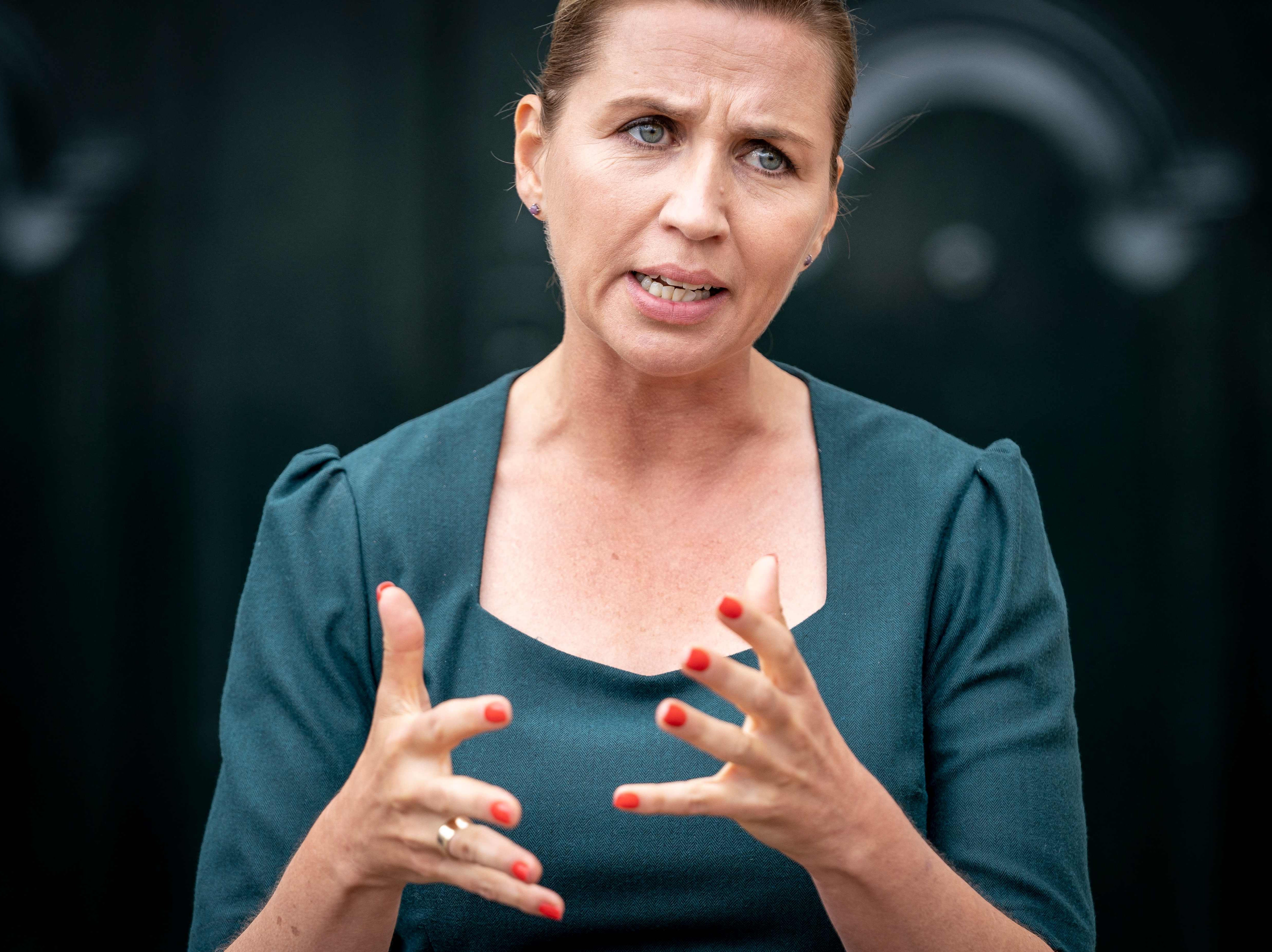Inuits taken from Greenland for ‘social experiment’ in Denmark seek compensation from state
The children were sent to Denmark to learn the Danish language and culture

Your support helps us to tell the story
This election is still a dead heat, according to most polls. In a fight with such wafer-thin margins, we need reporters on the ground talking to the people Trump and Harris are courting. Your support allows us to keep sending journalists to the story.
The Independent is trusted by 27 million Americans from across the entire political spectrum every month. Unlike many other quality news outlets, we choose not to lock you out of our reporting and analysis with paywalls. But quality journalism must still be paid for.
Help us keep bring these critical stories to light. Your support makes all the difference.
Six members of Greenland’s indigenous Inuit community who were taken to Denmark as children as a part of a failed social experiment in 1951 have demanded compensation from the Danish government.
The six, now in their 70’s, are surviving members of the 22 children who were sent to Denmark to learn the Danish language and culture as a part of an effort to create new Greenlanders who could be models for a modernised Greenland.
The experiment orchestrated by the Danish government, Save the Children Denmark, and the Danish Red Cross meant to place orphans from Greenland with Danish families for a year and then send them back to an orphanage in Nuuk where they could bridge the gap between the Danish and the Inuit culture.
In reality, these children were selected by headteachers and priests who had been asked to find suitable children around the age of six and seven and most of these children still had their parents.
On their arrival in Denmark they were placed in foster homes and sent back to Greenland in 1956 where they were placed in an orphanage and not allowed to reunite with their families.
While many of them died young, the six surviving members have demanded £28,200 from the Danish state, according to their lawyer, reported BBC.
Greenland is an autonomous territory within Denmark and relies on Copenhagen for large annual subsidy and management of its currency, foreign affairs and defence.
The Danish authorities have not yet issued a statement on the compensation demand by the survivors.
Last year Danish prime minister Mette Frederiksen had apologised and said: “We cannot change what happened. But we can take responsibility and apologise to those we should have cared for but failed to do.”
One of the surviving members, Helene Thiesen, told The Independent earlier this year that her mother had described Denmark to her as “paradise”, but instead the country had inflicted an emotional scar on her that will never heal.
Ms Thiesen, who now lives in Denmark, said she found out about the experiment in the 1990’s when she was approached by an author Tine Bryld who was doing research on Greelanders in Denmark.
“I told Tine Bryld my story and she then went to the Danish National Archives, and when she later rung me to tell me the truth, I couldn’t believe it. How could they have done this to us. They never even thought about the consequences for us children,” she said.
Subscribe to Independent Premium to bookmark this article
Want to bookmark your favourite articles and stories to read or reference later? Start your Independent Premium subscription today.
Join our commenting forum
Join thought-provoking conversations, follow other Independent readers and see their replies
Comments